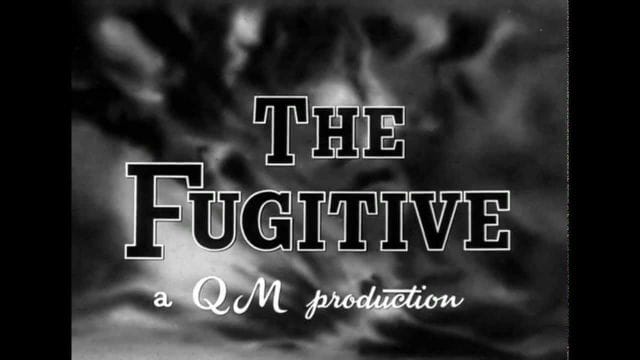Episodes: The forgotten legacy of the travelogue show

There's been a lot of criticism of AMC's Fear the Walking Dead this season. Some of it is completely fair, like how the series continues to be a little slow-moving. Some of it is understandable, but rooted in personal preference, like the arguments over whether the characters are at all involving or just irritating. (My argument: they're involving BECAUSE they're irritating, but I also spent way too long defending Homeland's Dana Brody, so grain of salt.)
But one argument I don't really think makes a lot of sense is that the show is still casting about for a larger story, now that the zombie apocalypse has done gone and apocalypsed. On some level, the show is a family drama, yes, but it's wedded that structure to something that TV has done precious little of in recent decades, something I'm happy to come back: the travelogue show.
The best travelogue show, to my mind, is the '60s classic Route 66, which sent two guys in a cool car bombing around the US in search of odd jobs, connection, and the meaning of life. It was an often poetic series, filled with subtly drawn guest characters and two broad archetypes back in the car. It is, in many ways, a prelude to the '60s as we think of them, arriving at the decade's start and prophesying much of what followed. (The whole thing is on DVD, and Shout occasionally puts a season or two up on its streaming site. I wrote more about the show here.)
The great thing about Route 66 is that it actually traveled to the locations it was set in, so it became one of the very best records of a US caught between its old, rural self and the urban-centered country it was rapidly becoming. This is a series about a country that's becoming modern, where the pre-modern ways haven't entirely died out. There are episodes where the show obviously skimps on its budget, but there's something so freeing about a show that says, "Hey, let's go to Montana," then actually shoots in Montana.
There were travel shows before Route 66, but there were many, many of them after (though very few tried anything like the location shooting that made Route 66 famous). Perhaps the one you know best is The Fugitive, which wedded the travel show to a story of a doctor on the run from a crime he didn't commit. The hybrid crime-medical-travel drama was also one of TV's most important early experiments in serialization, and the show you can thank for creating the idea of the gigantic series finale.
But, again, the hook was that the main character would turn up in a new town every week, and the guest characters would have almost more importance than he did. Dr. Richard Kimble was sometimes more important for what he represented than who he was. As a character, he left something to be desired; as a traveler, he was perfect, able to disappear into nearly any situation he found himself in.
Now that I've sort of laid out what a travelogue show is, you can probably think of other examples. They were still popular enough in the '80s and '90s to have some prominent examples. Think, for instance, of Touched by an Angel, or even Quantum Leap, which is a travel show that substitutes time for space. The closest thing to it on TV right now is probably Supernatural, but that's more of a horror-based crime procedural in a lot of ways (not that it doesn't have a lot of the travelogue show in its DNA).
But now that Fear the Walking Dead has gone all in on this structure -- and set it on a boat during the zombie apocalypse! -- I couldn't be more pleased. I've often thought one of the reasons The Walking Dead was so huge was because it revived the Western and cloaked it in a zombie disguise. Maybe Fear can do the same for the travelogue, if producers don't shy away from the structure season two seems to have adopted.
However, one of the things we run into with this is that the structure of the travelogue show cuts directly against what we think "good television" looks like. In the travelogue show, the regular characters are usually just conduits for us to meet interesting guest characters. The second episode of Fear's second season is a good case in point: the regulars met a family of lighthouse keepers who seemed to be forming their own doomsday cult in the moment. Why were the guest characters so much more interesting than the regulars? Assuming my thesis about the show is correct, then that's the whole point. The travelogue show thrives off its guests, not its regulars.
That's not to say good regulars aren't important, but they're usually important because of who plays them more than anything else. Again, Richard Kimble is not an especially exciting character without his backstory and David Janssen's performance, but thanks to both of those elements, he pops into stories about other characters and ends up working really well.
The sad irony is that there's never been a time in TV history where production of a travelogue show is more plausible. Fear is shooting all over Baja, Mexico at the moment, and it's not hard to conceive of a show that replicates the Route 66 experience by driving among the many states with filming tax credits (an Albuquerque episode here, an Atlanta episode there...). It's a TV format whose time has come, honestly, but re-embracing it might require changing how we think about how TV is "supposed" to work.
--
Episodes is published at least three times per week, and more if I feel like it. It is mostly about television, except when it's not. Suggest topics for future installments via email or on Twitter. Read more of my work at Vox Dot Com.




